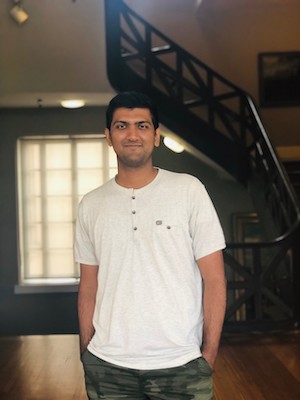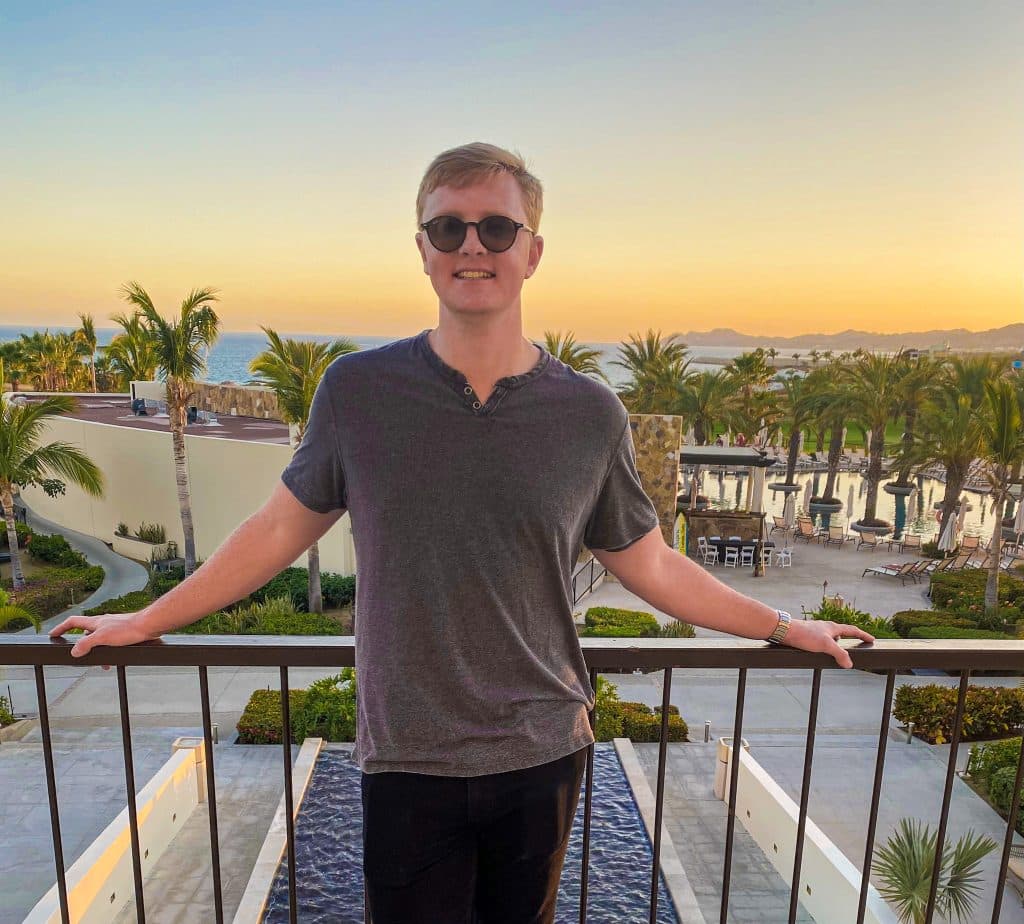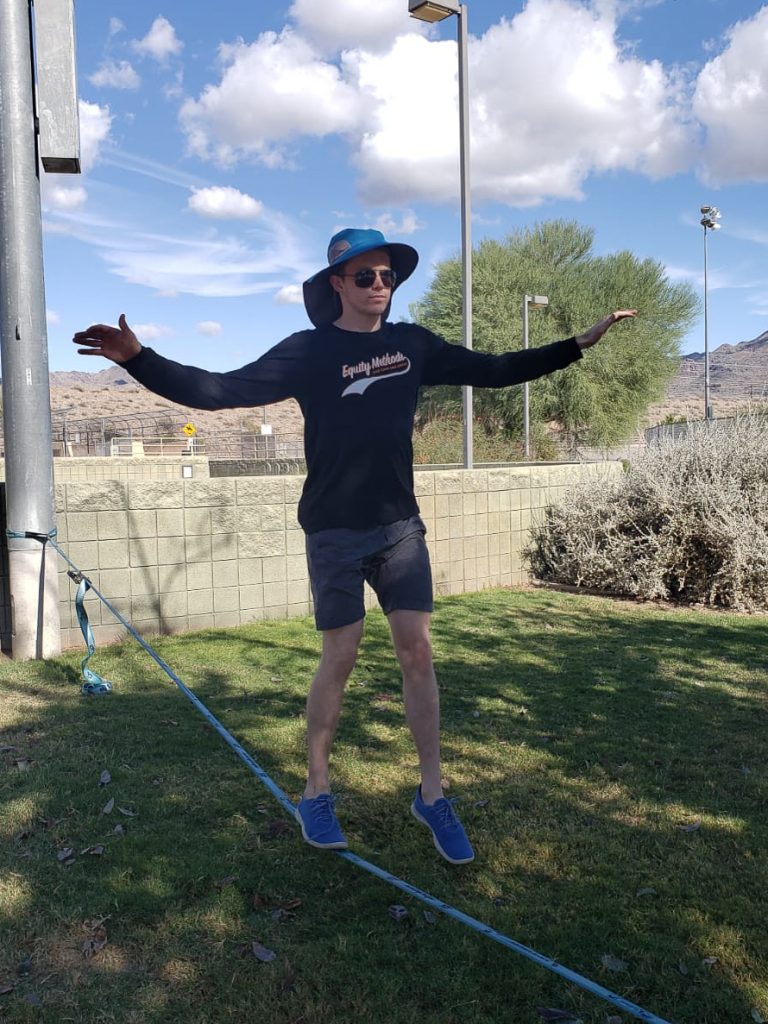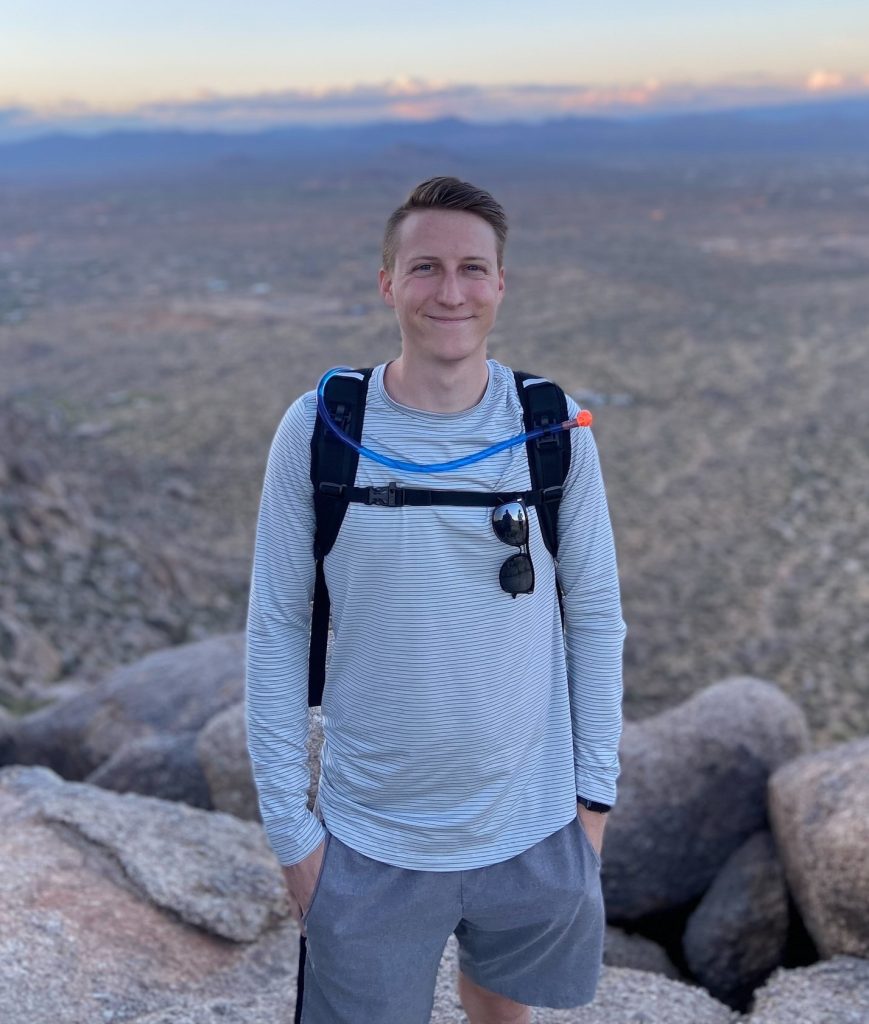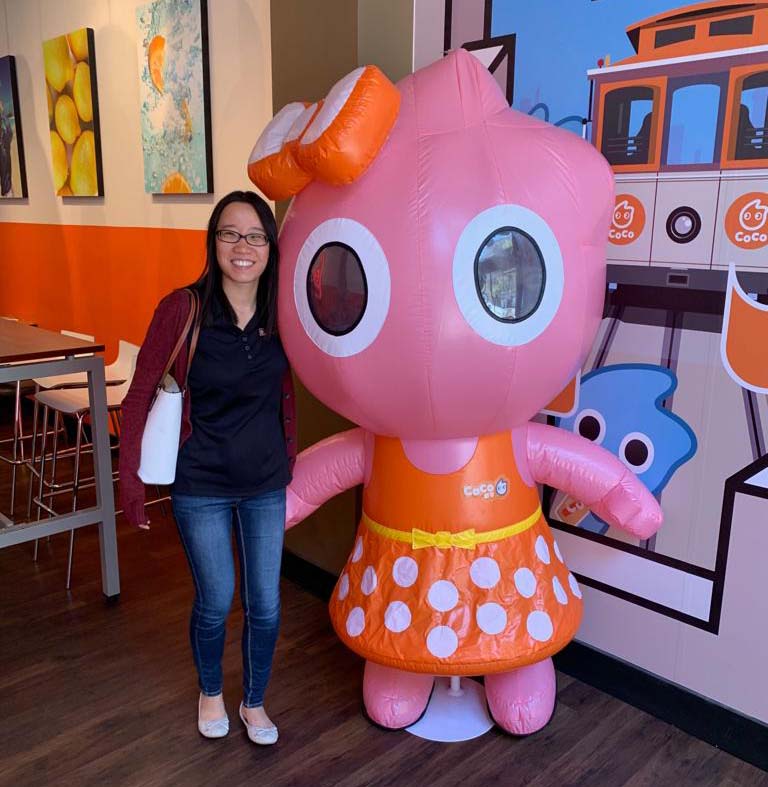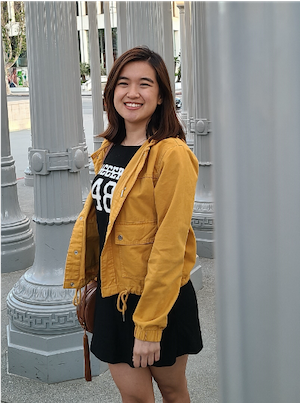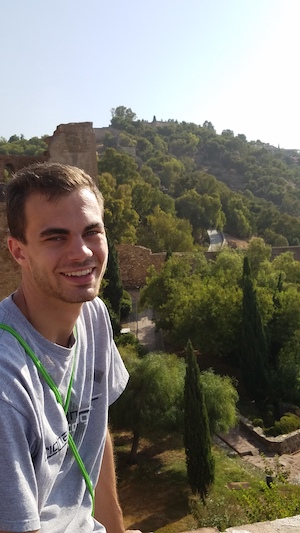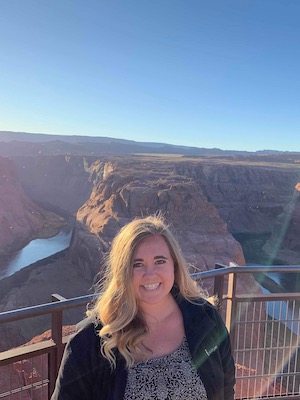
Careers
Career Profile: Nikhil
Learn what it’s like to work on our team, from our team.

Careers
Career Profile: Nikhil
Learn what it’s like to work on our team, from our team.
Meet Nikhil
UCLA Anderson School of Management
MS Financial Engineering
National Institute of Technology Warangal
BS Electrical and Electronics Engineering
Global Association of Risk Professionals (GARP)
Financial Risk Manager (FRM)
I always was keen about mathematics and solving puzzles. It’s why I chose electrical engineering as a field of study in the first place.
But after getting my bachelor’s degree, I ended up at a construction company where my job involved very little math. When I started putting money from my paycheck into the stock market, I became fascinated with it and decided it could be a good career path for me, considering all the analysis that goes into building portfolios.
So, I came to the US to study for my master’s degree and found Equity Methods online while looking for financial engineering jobs. Judging from the people I met and the stories I heard during my interview, it seemed like Equity Methods would be a great place to work. Moreover, a director at the firm told me his area involved a lot of model-building and complex securities work. That sealed the deal for me because this kind of analytical job is exactly why I had chosen to switch career paths from construction to finance.
A lot of companies have hundreds of applicants, and often the applicant is treated like a number. Equity Methods has a different approach. They make sure each applicant understands the pros and cons of the job. In a way, it felt like I experienced their client service quality firsthand as a jobseeker. Now I get to experience the other side of it as an associate on client calls.
I like that it’s not the kind of job where we have to do just A, B, and C. I end up doing things I never thought I would do. I’ve had a lot of chances to work on exciting stuff. Each time, I learn more about the breadth of our valuation services offering.
Thanks to my role as an associate, I’ve become more confident about interacting not just with clients, but colleagues too. I walk them through models, share my experiences, and give presentations to rooms full of people. The thought of doing any of that used to scare me. Now it’s become second nature.
The work culture is excellent. There’s a lot of synergy within the team. It reminds me of the adage, “What’s good for the hive is good for the bee.” Here, people think of the team first. They’re always willing to help. Even if their computer screens have a lot of different things going on, they’ll still take the time to help. The overriding philosophy is to grow the team holistically.
My job is pretty broad, but there are several things I typically work on. One is building customized models for clients. Each is one of a kind, because every client has different requirements. Development, another big part of my role, involves improving tools and internal processes so we can build new projects more efficiently.
Empathy is key in this line of work. I try to think about what the client would be worried about. It extends all the way down to seemingly small things like making reports easy to read. That’s a tenet of the firm, actually—to anticipate the client’s needs and respond to them upfront.
I’d add three other skills that someone in this position needs to have: persistence, time management, and the ability to communicate clearly. Persistence, because everything might seem daunting in the beginning—but if you work through the difficulties, eventually it will come together for you. Time management, because client and internal projects come along in waves and it’s important to meet all the deadlines.
The last one, being clear in not just explaining but also understanding, is something I really identify with because I’m as concerned as anyone else about being judged for asking too many questions. But I just think about it as needing to clearly explain what’s going on so someone doesn’t end up having to go back and fix something. The same goes when I need to understand something. I have to make sure to ask questions so I can nail down the requirements.
My career advice is to get your technical concepts right. If you’re thoroughly familiar with what you’re supposed to know, traits like confidence, motivation, and passion follow suit. Also, be honest with everyone. That means accepting and owning your mistakes. It will only cause pain to the whole team if something goes wrong at a crucial stage that could have easily been fixed with a little more communication. In fact, ethics in general are critical, and they extend to always looking out for others.
- Q:
What was the most surprising thing about working at Equity Methods?
Because of the client service-oriented nature of the firm, I expected a very formal atmosphere with everyone in suits and following strict protocols to set up meetings and so forth. In reality, it’s casual dress at the office and you don’t even need Outlook to get with somebody; you can just stop at their desk to chat. I gradually learned that clients tend to like working with friendly service providers versus formal ones.
- Q:
If you had a special guest, what meal would you prepare for them?
Pizza, partly because I’m getting better at making it. Lately I’ve been perfecting a cauliflower crust.
- Q:
What was the last movie you saw?
“Parasite.”
- Q:
Which historical figure do you wish you could have met?
Marcus Aurelius, who was emperor of Rome near the end of the Pax Romana. He seemed like the kind of ruler who was very down to earth—someone who didn’t ask anything of others that he wouldn’t have done himself. He was more of a leader than a ruler, inspiring and encouraging others with his exemplary philosophies and ways of dealing with problems.
- Q:
What do you consider the most overrated virtue?
Intelligence. I say that because intelligence is commonly thought of as intrinsically valuable. In fact, it’s only as valuable as what you choose to do with it.
- Q:
What is your most treasured possession?
My tendency to overthink. I’m always looking at what could possibly go wrong, and as a result, I’m rarely caught off guard. It has also helped improve my work by prompting me to plan ahead for potential surprises. I’ll size up a situation and think: How would the client interpret this? But it does take up a lot of my time debating over things like which movie to watch or what to eat for dinner.
More Profiles

Proud to be Awarded
Our collegial and tight-knit group of smart, energetic consultants is a key reason why Equity Methods is recognized with industry and workplace awards, year after year.
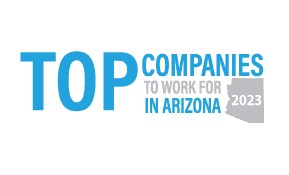
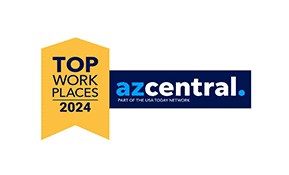
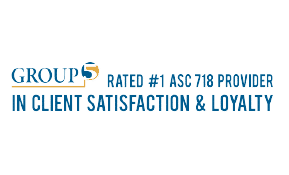
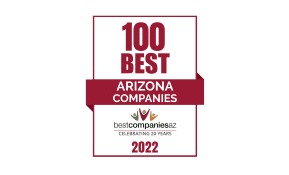

Take the Next Step Today
Interested in working with us? Browse our open positions today and take the next step in your career journey.

